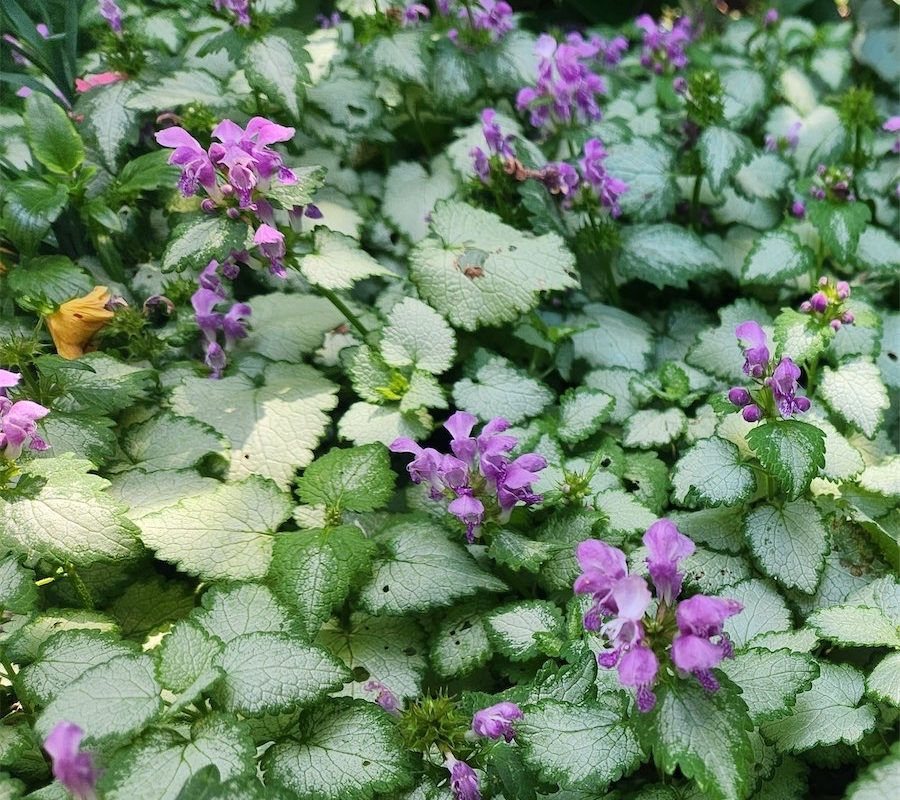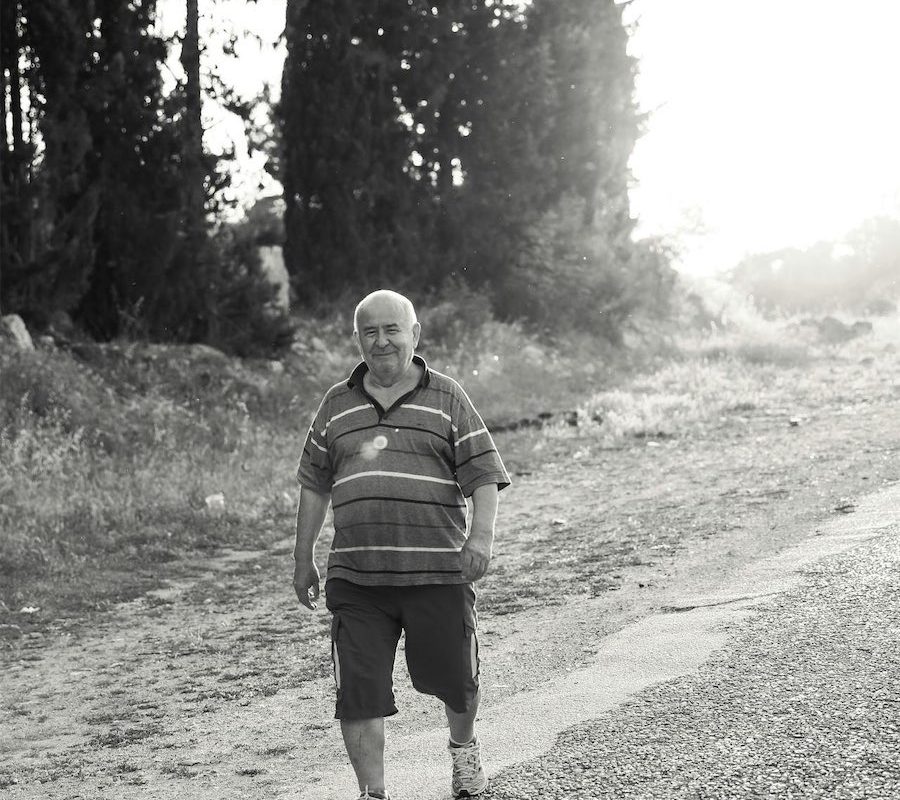“Heat changes your life – and can end it. I just don’t think people are aware of just how easily it can take hold.”

MRS Jean Baalman, aged 84 years, is a long-time Canberra resident who now lives on a rural property a few hours away. She was recently admitted to hospital with minor complications caused by new medications. It didn’t help that temperatures have been rising with several very hot days and consecutive nights.
Her son Malcolm, who works in health policy in Canberra, is increasingly worried, like many others, that each year brings longer and hotter summer heat waves that impact our health and especially people like his mum.
“Heat changes your life – and can end it. I just don’t think people are aware of just how easily it can take hold, especially people with underlying medical conditions, the very young and our older people,” he said.
“My mum lives with health problems you’d expect at that age. Heat is more than debilitating, causing her to be indoors for longer. It reduces her already reduced quality of life.”
Mrs Baalman lives alone, and like many other people in Canberra and surrounding regions affected by drought, relies on a relative or friend to stay connected and safe in the heat of summer.
Her son is her main carer, present most weekends.
Mr Baalman says he has been surprised at how little information there is, readily accessible and promoted about how to prevent heat stress in the face of long-predicted climate change for people like his mum.
“I don’t think many people appreciate that heat waves actually kill more people in Australia than all other natural hazards combined,” he says.
“Australia is warming up, there’s no doubt. The weather bureau has invented purple and white colours for their maps that weren’t needed a few decades ago! We are all feeling the change but I wonder how prepared people are for the inevitable.
“A few years back, a few days in January were over 40C and we generally coped, we just needed to stay indoors, drink lots, knowing it wouldn’t last. Now we experience extremes on and off from December to mid-February. Last summer in Canberra and nearby rural areas there were multiple runs of consecutive days over 40 degrees.”
Mr Baalman has taken basic advice to ensure his mother’s home is prepared for extreme heat, including verandah shade-clothing, window coverings and the most efficient essential cooling appliances.
Prompted by his concern his organisation, the Public Health Association of Australia (PHAA), recently launched a new essential guide on how to reduce heat stress this summer.
The guide “Staying Safe from Heat” encourages individuals, families and communities to get informed about managing the health threat of extreme heat.
It notes other groups at risk are those living with poverty and people who are physically active or work outdoors.
The PHAA publication suggests that people who are elderly or on regular medicines should make a heatwave plan with their GP.
Other practical tips in extreme heat include to wear light, loose-fitted clothing, keep the refrigerator stocked with cool water and keep a bath full of cold water to take regular baths.
Increases in the frequency and intensity of heat waves will place greater demand on public health and emergency services in the ACT as with the rest of Australia. However, with community planning and basic health promotion, there are things people can do to build community resilience, reduce the public health burden of heat waves and save lives.
The full PHAA guide is at phaa.net.au/documents/item/4199
Who can be trusted?
In a world of spin and confusion, there’s never been a more important time to support independent journalism in Canberra.
If you trust our work online and want to enforce the power of independent voices, I invite you to make a small contribution.
Every dollar of support is invested back into our journalism to help keep citynews.com.au strong and free.
Thank you,
Ian Meikle, editor





Leave a Reply